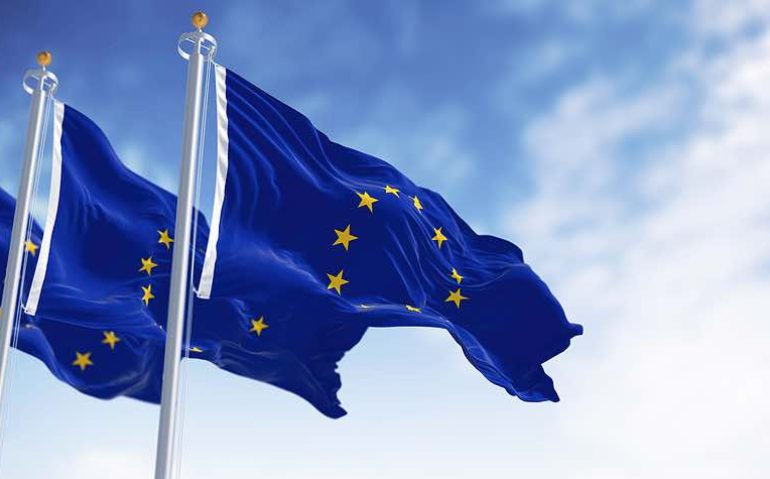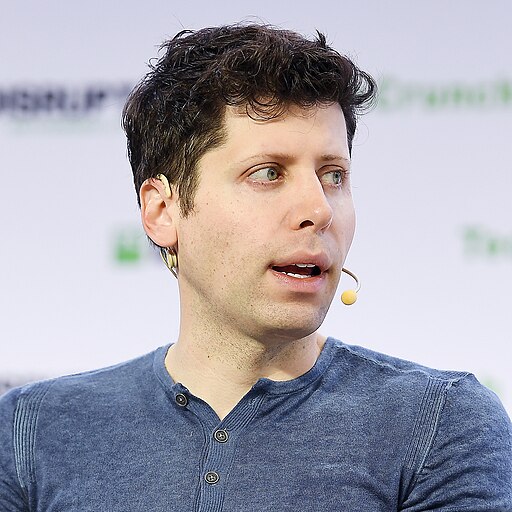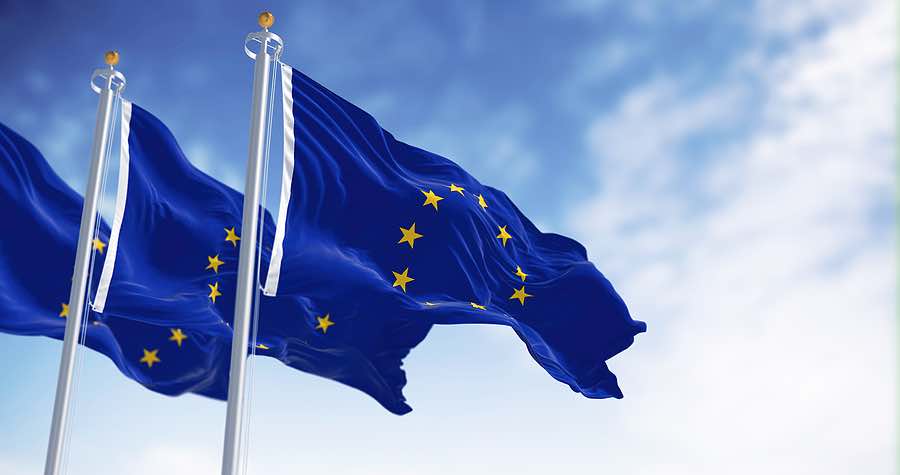The European Union is urging online platforms such as Google and Meta to strengthen their efforts against false information by labeling content generated by artificial intelligence (AI). EU Commission Vice President Vera Jourova highlighted the need to address the challenges posed by the new generation of AI chatbots, which can create complex content and visuals in seconds.
Jourova has called on tech companies like Google, Meta, Microsoft, and TikTok, who have joined the EU’s voluntary agreement to combat disinformation, to work on tackling the AI issue. She emphasized that platforms using generative AI, such as Microsoft’s Bing search engine and Google’s Bard chatbot, should implement safeguards to prevent “malicious actors” from spreading disinformation.
Companies offering services with the potential to disseminate AI-generated disinformation should develop technology to recognize and label such content for users. While the EU aims to protect free speech, Jourova believes there is no right to freedom of speech for machines.
Europe is at the forefront of regulating AI with its AI Act, but the legislation still requires final approval and will not take effect for several years. EU officials are concerned about keeping pace with the rapid development of generative AI and are working on a voluntary code of conduct for AI that could be ready within weeks.
Under the EU’s Digital Services Act, set to become legal obligations by the end of August, the largest tech companies will be required to better monitor their platforms to protect users from hate speech, disinformation, and other harmful material. Jourova, however, urged these companies to start labeling AI-generated content immediately.
Most digital giants have already signed up to the EU disinformation code, which mandates regular reporting on their progress in combating false information. Twitter recently withdrew from the code, drawing criticism from Jourova and prompting closer scrutiny of its actions and compliance with EU law.







